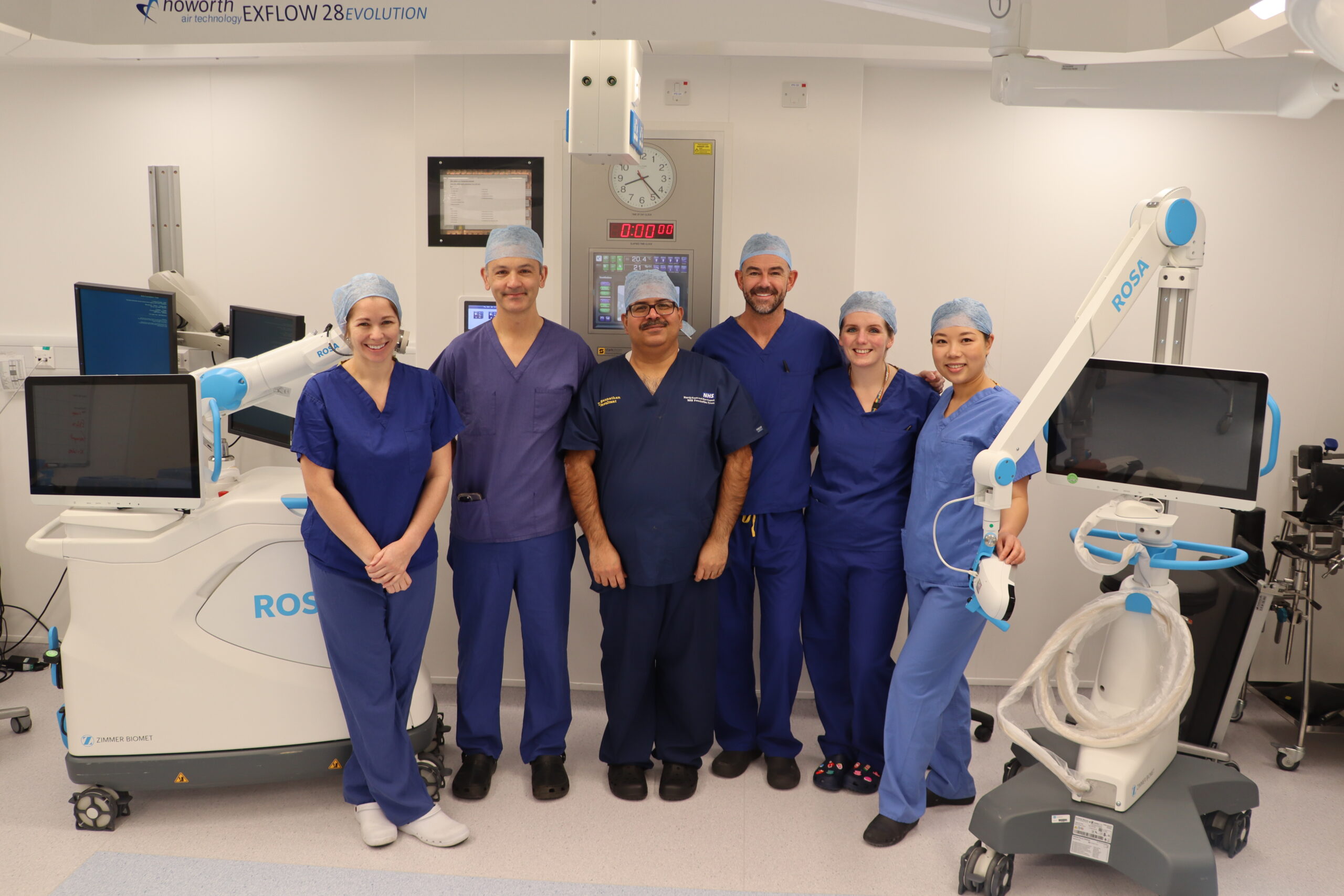| Getting your Trinity Audio player ready... |
Latest situation
Take action to prevent bird flu and stop it spreading. Be vigilant for signs of disease and report it to keep your birds safe.
23 December 2024
Following the report of suspicion of highly pathogenic avian influenza (HPAI) in commercial poultry at a premises near Hingham, South Norfolk, Norfolk (AIV SOS 2024/03), a decision has been taken to pre-emptively cull the birds based on the clinical signs observed and rapidly increasing mortality. All affected poultry on the premises will be humanely culled. A 3km temporary control zone A and a 10km surveillance zone have been put in place surrounding the premises.
21 December 2024
There have been further findings of highly pathogenic avian influenza (HPAI) in poultry and other captive birds in Norfolk, the East Riding of Yorkshire and a further increase in the assessed risk of HPAI in wild birds and poultry.
A regional avian influenza prevention zone (AIPZ) with mandatory biosecurity and housing measures has been declared in:
- the unitary authorities of the East Riding of Yorkshire
- the City of Kingston upon Hull
- all districts in Lincolnshire, Norfolk and Suffolk
From noon on Monday 23 December 2024 all bird keepers in the AIPZ must keep their birds housed to protect them from bird flu. This applies to pet birds, commercial flocks and just a few birds in a backyard flock.
These housing and biosecurity measures are to mitigate the risk of further outbreaks of disease occurring.
19 December 2024
Highly pathogenic avian influenza (HPAI) H5N1 was confirmed in captive birds at a second premises near Beverley, East Riding of Yorkshire, Yorkshire (AIV 2024/13). A 3km captive bird (monitoring) controlled zone has been declared surrounding the premises. The affected birds on the premises will be humanely culled.
19 December 2024
Following successful completion of disease control activities and surveillance in the surveillance zone around a premises near Rosudgeon, St. Ives, Cornwall (AIV 2024/03), the 10km surveillance zone has ended.
See the interactive map for details and check the declarations for details of the restrictions.
Check if you’re in a bird flu disease zone on the map.
If you’re in a bird flu disease control zone you must follow the rules for that zone and check if you need a licence to move poultry, poultry by-products, eggs, material or mammals.
Practising good biosecurity at all times protects the health and welfare of your birds and for commercial keepers will help protect your business from HPAI and other diseases.
Find out what you can do to prevent bird flu and stop it spreading and how to spot and report it in poultry or other captive birds.
All bird flu cases and disease control zones
The first case of highly pathogenic avian influenza (HPAI) H5N5 of the current outbreak was confirmed in England on the 5 November 2024.
The first case of HPAI H5N1 of the current outbreak was confirmed in England on the 17 November 2024.
Whilst there have been no cases of HPAI confirmed in Wales or Scotland during this outbreak. In line with World Organisation for Animal Health (WOAH) rules, Great Britain is no longer free from highly pathogenic avian influenza.
No cases of HPAI have been confirmed in Northern Ireland this season and Northern Ireland continues to have WOAH self-declared zonal freedom from highly pathogenic avian influenza.
Find details of all bird flu cases and disease zones in England.
The table below lists the number of confirmed cases of HPAI during the current outbreak.
| Country | HPAI H5N5 | HPAI H5N1 |
|---|---|---|
| England | 1 | 11 |
| Scotland | 0 | 0 |
| Wales | 0 | 0 |
| Northern Ireland | 0 | 0 |
The last outbreak of HPAI in poultry and other captive birds in the UK prior to the outbreak on 5 November 2024 occurred on 14 February 2024.
Find details of previous bird flu cases and disease zones in England.
Find details of previous bird flu cases in Scotland, cases in Wales and cases in Northern Ireland.
Find details and assessments of past outbreaks in Great Britain in the Animal and Plant Health Agency’s outbreak epidemiology reports.
Bird flu guidance
Find out how to:
- spot and report bird flu in poultry and other captive birds
- report dead wild birds
- prevent bird flu and stop it spreading
- follow the rules in disease zones
- check if you need a movement licence and how to apply
- house your birds safely
- follow the rules if you keep racing pigeons, birds of prey and other captive birds
- hold a bird gathering
You can read guidance about:
- how to keep other pets safe from bird flu, such as cats and dogs
- how bird flu spreads in wild birds and wild mammals, and how the government monitors it
- avian influenza (bird flu) vaccination
Bird gatherings
Gatherings of all types of poultry and other captive birds including gatherings of anseriformes (ducks, geese and swans) are currently permitted. You need to follow the requirements of the poultry gathering general licence and notify the Animal and Plant Health Agency (APHA) at least 7 days before the event.
You can read the updated risk assessment on the likelihood of spread of highly pathogenic avian influenza H5N1 associated with bird fairs, shows, markets, sales and other gatherings.
Vaccines
You cannot vaccinate poultry or most captive birds against bird flu in England.
You can only vaccinate zoo birds in England if you meet eligibility criteria and get authorisation from APHA. Only zoos or collections holding a current zoo licence can apply for vaccination.
Defra continues to invest in bird flu research and monitors the situation globally.
We work with the Veterinary Medicines Directorate (VMD) to monitor the development of vaccines for birds.
Find out more information on avian influenza (bird flu) vaccination and the work of the avian influenza vaccination taskforce.
Latest GOV.UK news stories
New measures to help protect the poultry sector from bird flu.
Risk levels and outbreak assessments
The risk of HPAI H5 in wild birds in Great Britain is assessed as very high (event occurs almost certainly).
The risk of poultry exposure to HPAI H5 in Great Britain is assessed as:
- high (event occurs very often) (with medium uncertainty) where there is suboptimal or poor biosecurity
- medium (event occurs regularly) (with medium uncertainty) where good biosecurity is consistently applied at all times
Find details of the evidence that supported these decisions in the:
- risk and outbreak assessments
- outbreak epidemiology reports
- weekly reports of findings of bird flu in wild birds in Great Britain
- findings of bird flu in non-avian wildlife
- findings of bird flu in captive mammals
The UK Health Security Agency (UKHSA) advise that bird flu is primarily a disease of birds and the risk to the general public’s health is very low.
The Food Standards Agency (FSA) has said bird flu poses a very low food safety risk for UK consumers. Properly cooked poultry and poultry products, including eggs, are safe to eat.
Wild birds
Find out how to report dead wild birds.
Defra has set out practical information to support land managers, the public and ornithological and environmental organisations in their response to the growing threat of bird flu.
The mitigation strategy for avian influenza in wild birds in England and Wales explains how these groups, together with the government and its delivery partners, can reduce the impact on wild bird populations whilst protecting public health, the wider environment and the rural economy.
Landowners, local authorities and other organisations can download and print bird flu posters to display on site when there is a risk of bird flu or if bird flu has been detected in the area.
Check the:
- interactive map of reported wild bird mortality and findings of bird flu in wild birds in Great Britain
- interactive dashboard of findings of bird flu in wild birds in Great Britain
- weekly reports of HPAI findings in wild birds in Great Britain
You can find out more about:
- the collection thresholds for dead wild birds with suspected bird flu
- how bird flu spreads in wild birds and wild mammals, and how the government monitors it
Feeding wild birds
You can feed wild birds but always wash your hands with soap and water afterwards. Avoid areas that have premises where poultry or captive birds are kept. Wild birds can spread bird flu to captive birds.
If you’re in an avian influenza prevention zone (AIPZ) you cannot feed wild gamebirds within 500m of a premises with more than 500 poultry or captive birds. Check if you’re in a zone on the bird flu zone map and find out more in the guidance on rules if you keep game birds.
If you feed wild birds in your garden, read advice from the British Trust for Ornithology (BTO) to keep feeders and water baths clean. This will help to stop bird flu and other diseases spreading between different birds.
The UK Health Security Agency has said that the risk to the public from this bird flu strain is very low. It mainly affects birds.
Do not touch or move any dead or sick wild birds – find out how to report them.
Wash your hands thoroughly with soap and water if you touch wild bird faeces or feathers. For more advice go to the NHS website.
Mammals
Avian influenza (bird flu) viruses can also infect wild and kept mammals. This is known as influenza of avian origin.
Find out how we monitor the risk of influenza of avian origin in wild mammals.
Check the:
- report of findings of influenza of avian origin in non-avian wildlife
- interactive map showing findings of influenza of avian origin in wild mammals in Great Britain
- findings of influenza of avian origin in captive mammals
Influenza of avian origin in mammals is notifiable in both wild and kept mammals.
You must report it immediately if you examine or inspect any wild or kept mammal, or analyse samples from any wild or kept mammal or mammal carcase and:
- suspect the presence of influenza of avian origin
- detect evidence of influenza A virus or antibodies to influenza A virus
Report it immediately by calling:
- 03000 200 301 if you’re in England
- 03003 038 268 if you’re in Wales
- your local Field Services Office if you’re in Scotland
If you do not report it, you’re breaking the law.
Bird flu webinars
Whether you have pet birds, commercial flocks or just a few birds in a backyard flock, the avian influenza ‘stop the spread’ webinars explain what you can do to protect your birds.
Defra policies and contingency plans
Defra controls cases of bird flu by following the:
- contingency plan for exotic notifiable diseases
- notifiable avian disease control strategy
- mitigation strategy for avian influenza in wild birds in England and Wales
Bird flu legislation
The legislation in England includes:
- The Avian Influenza and Influenza of Avian Origin in Mammals (England) (No.2) Order 2006
- The Avian Influenza and Influenza of Avian Origin in Mammals (Amendment) (England) Order 2022
- The Exotic Disease (Amendment) (England) (EU Exit) Regulations 2018
- The Exotic Animal Disease (Amendment) (England) Order 2021
- The Exotic Animal Disease (Amendment) (England) Order 2022
- The Exotic Disease (Amendment) (England) Order 2023
- The Exotic Disease (Amendment) (England) Order 2024
- The Avian Influenza (H5N1 in Wild Birds) (England) Order 2006
- The Avian Influenza (H5N1 in Wild Birds) (England) (Amendment) Order 2021
- The Avian Influenza (Preventive Measures) (England) Regulations 2006
- The Transport of Animals (Cleansing and Disinfection) (England) (No. 3) Order 2003
- The Diseases of Animals (Approved Disinfectants) (England) Order 2007
- The Avian Influenza (Vaccination) (England) Regulations 2006
For Scotland go to the Scottish Government website.
For Wales go to the Welsh Government website.
For Northern Ireland go to the DAERA-NI website.
About The Reporter
Managing Director of Kearney CK Group Limited

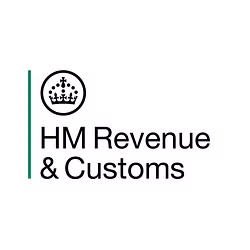


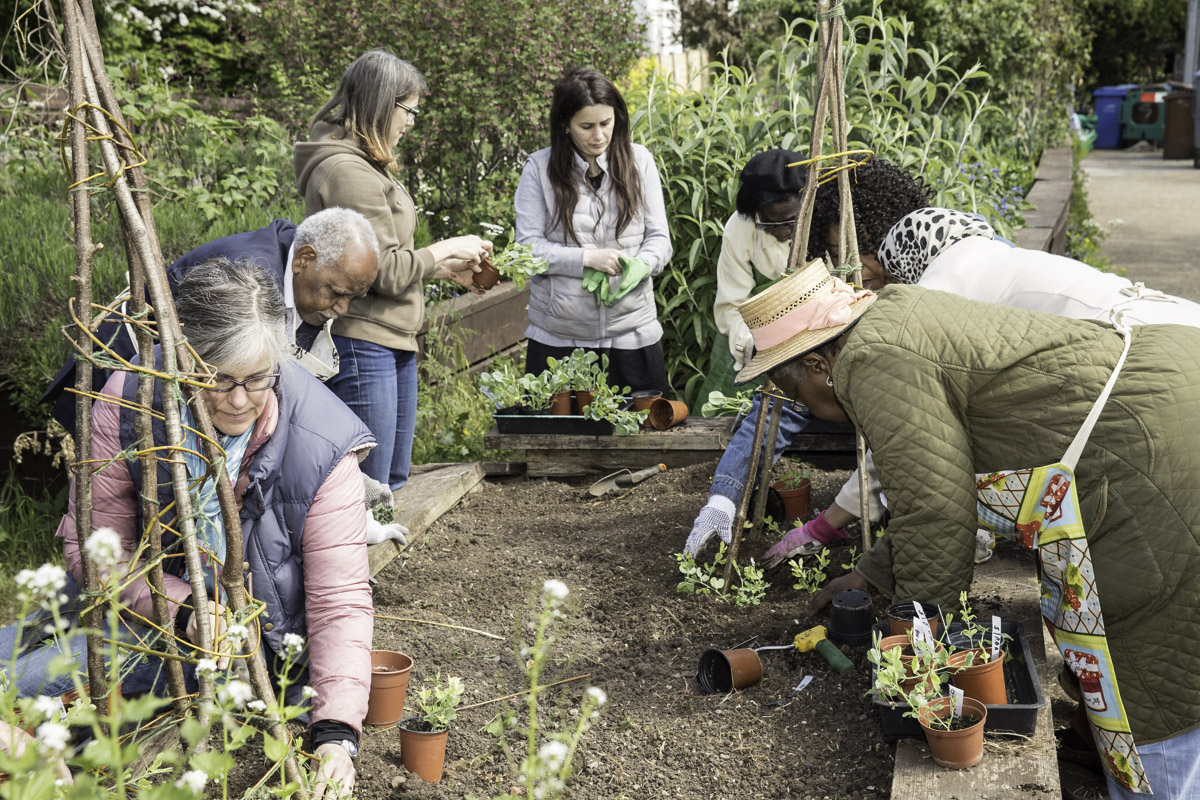

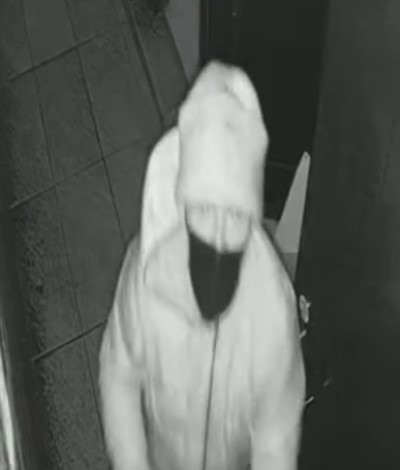



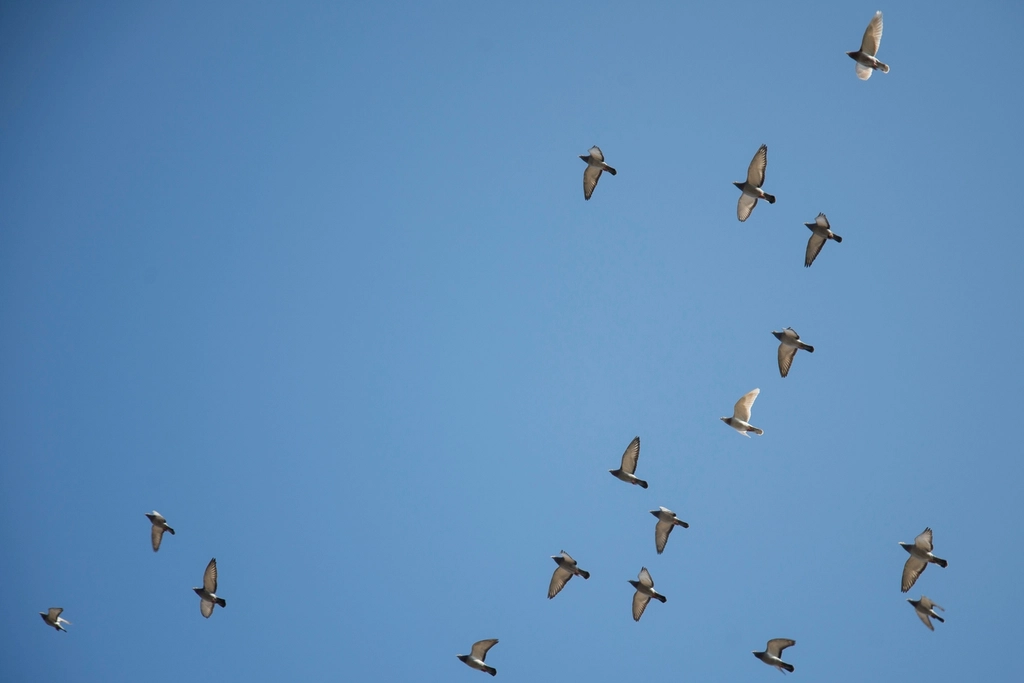





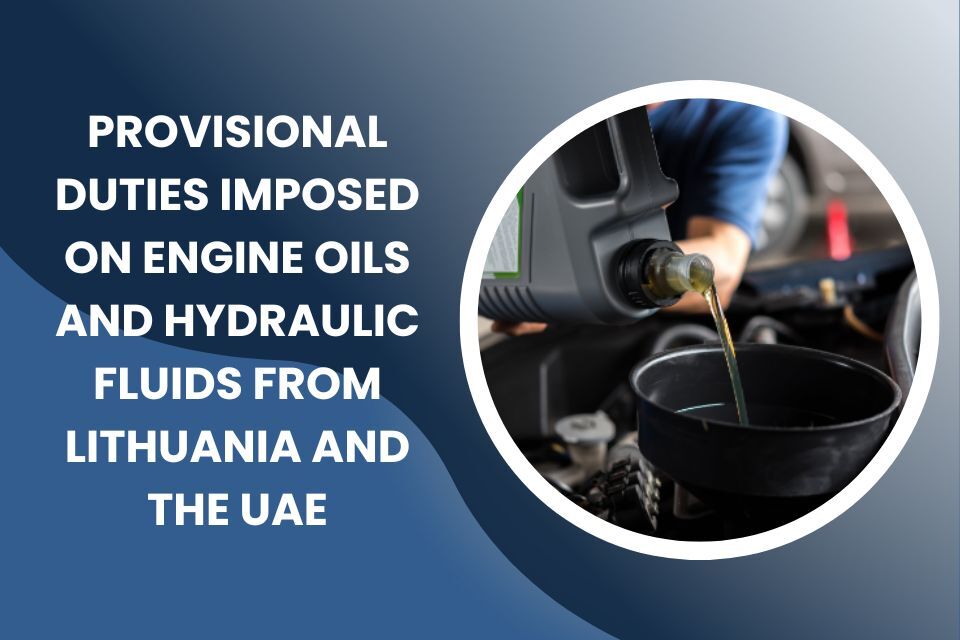
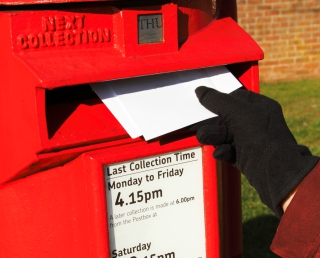

)







